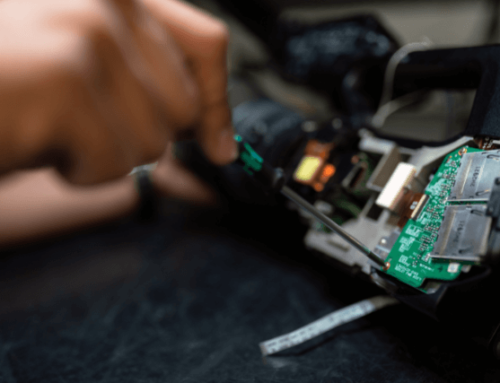Anyone who has ever searched for a job knows the right network can really help. While a degree, experience and expertise, and overall knowledge of the job can help you stand out amongst other job seekers, a personal connection can give you an upper hand. Good networking can help propel you further through your career, while bad networking can greatly hinder you. Learn the dos and don’ts of how to build a great network.
The Dos of Networking
Be Prepared With an Effective Pitch
There are a plethora of daily opportunities that can help build your network. This is why it’s important to have a small pitch prepared for these moments. Those who network know that it is crucial to be clear about your career and employment goals. A brief pitch can go a long way; just be sure to communicate pertinent information when it is appropriate.
Keep a Detailed Record of Contacts
It is best to keep your contacts in order. One contact can lead you to up to a handful of other connections, building the whole web of a network. Whether it’s on index cards, or a word document on your computer, keep a detailed record of how you met the contacts. The information included could be a person’s name, what you spoke with him or her about, when the conversation took place, and the results of the conversation. Be sure to stay in touch with these contacts via email, LinkedIn, or even phone calls. Persistence is key, and you never know when the perfect opportunity can come up.
Expand Your Horizons
Your network can be built from anywhere. A great network can stem from alumni contacts, neighbors, relatives, volunteer associations, and so on. The six degrees of separation theory explains that everyone is six or fewer steps away from anyone else in the world, by way of introduction. Knowing the right contacts and building on them can connect you with resources once outside your reach.
The Don’ts of Networking
Wait
An ineffective approach to networking is waiting until you’ve lost your job to establish connections. Be proactive and build relationships while you’re still employed.
Be Unprepared or Clueless
You never want to confuse a connection. Be sure to be very clear about your intentions; speak with a purpose and know your goals.
Monopolize a Connection’s Time
If you are at an event, or even emailing your connections, do not expect to be their sole focus of attention. This means that you can do more harm than good by inundating a connection’s inbox with questions. The art of distinguishing between drive and excessiveness should be mastered in order to succeed with building relationships.
Networks Are Not Short-term Commitments
After you obtain a job, don’t forget about those who helped you get the job. It’s best to follow up every conversation with a thank-you note, letting him or her know how your search turned out. The networking is not over once a job is acquired; you never know how your paths may meet again down the road.












